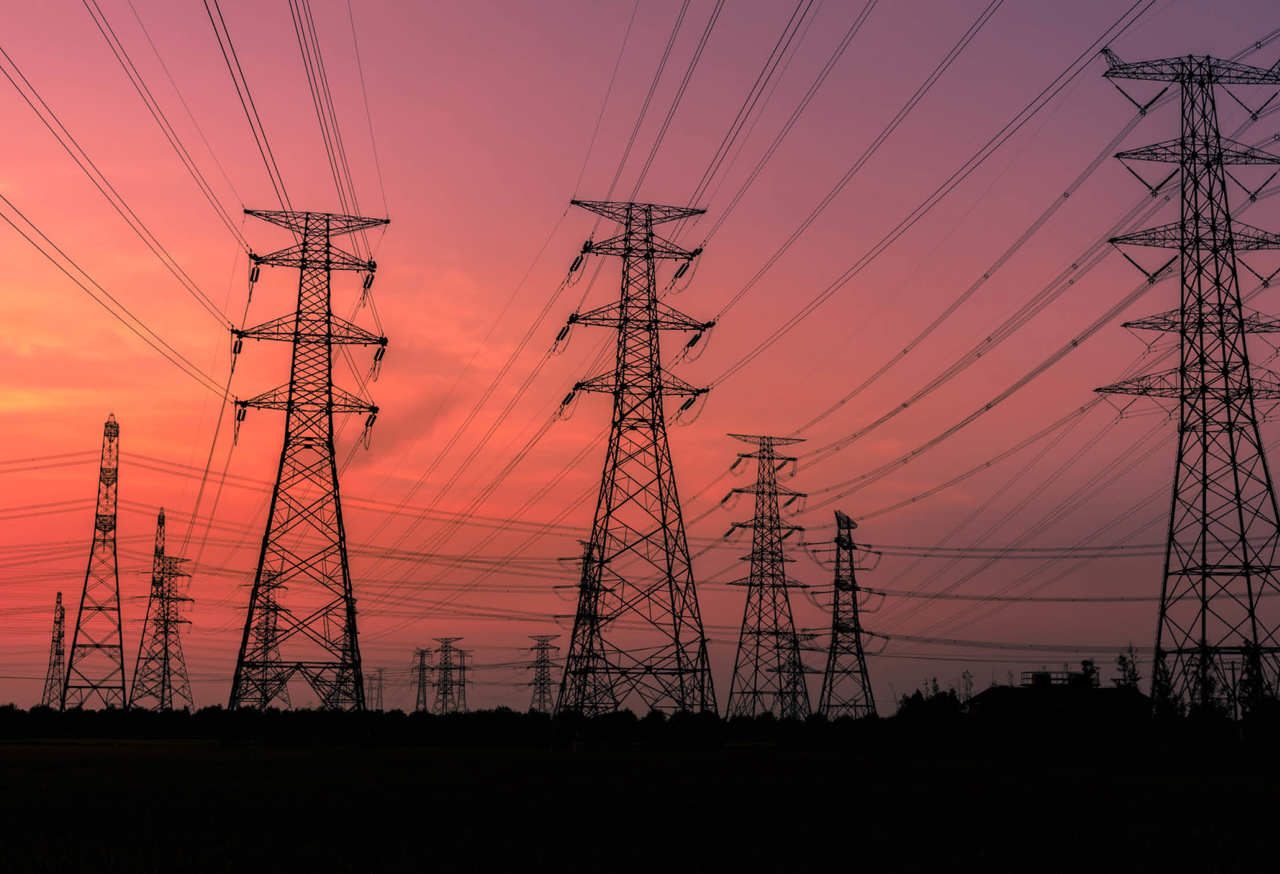Analysis of how much storage potential domestic hot water cylinders can provide to the UK energy system and the benefits.
The background
The Hot Water Association (HWA) was aware of the potential for hot water cylinders (HWCs) to provide energy storage to the UK electricity system relatively cheaply. It was believed that due to the prevalence of HWCs in UK homes, there was likely to be significant potential in these assets to provide storage to the UK energy system and that excess renewable generation could be used to heat up full cylinders of water relatively cheaply. However, an evidence-base to quantify this potential was lacking.
The key question
The HWA wanted to know how much storage residential HWCs could provide and how this technology compares to other residential storage solutions.
What was needed
LCP Delta modelled the potential storage capabilities of all residential HWCs in the UK and forecasted this out to 2030. The approach combined internal knowledge on the UK heating market with modelling expertise to produce a view on the likely flexibility available out to 2030. LCP Delta’s extensive network of research contacts helped us to ensure our assumptions and findings were accurate and robust.
What we did
Our analysis found that there is 40GWh of storage available in residential HWCs, confirming that the potential of HWCs to provide a storage facility is significant.
We also found that the installed base of HWCs is likely to drop off in the short-term as consumers look to install heating systems without HWCs (such as combi boilers). However, by 2030, we expect this to increase again and there will be even greater storage capacity than today.
The LCP Delta difference
LCP Delta were able to provide a view on the future volumes of flexibility utilising our in-house knowledge of the UK heating market. Our extensive network of contacts allowed us to validate these findings with industry experts. The HWA valued our independent, technology-agnostic approach and rigorous research. The findings formed part of HWA’s work to ensure the UK Government acknowledges the use of HWCs in providing cost effective solutions to reduce customers’ bills and create a smarter energy system.













